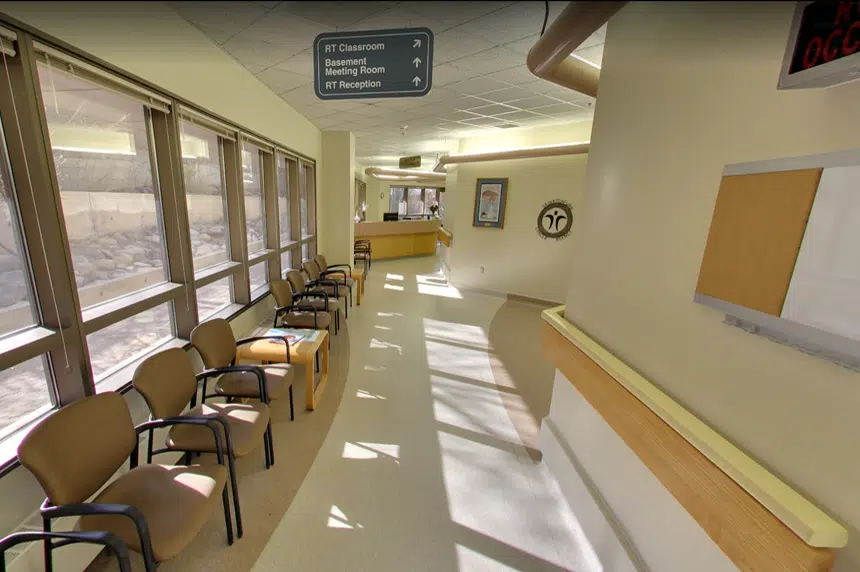The Saskatchewan Cancer Agency was pleased to see the Saskatchewan Health Authority unveil its plans to resume medical services across the province on Tuesday.
As part of the phase one in the four-phase resumption of services plan, some elective surgeries will resume, along with home care, rehabilitation and therapy programs on May 19.
Kevin Wilson, the Cancer agency’s vice president of population health and quality and research, said those services will also reintroduce some of their screening programs for colorectal cancer or breast cancer.
“With the SHA resuming the services that they’ve announced, it will allow the agency to reopen some of our early detection cancer screening programs,” Wilson said. “These programs have been on pause for the last few weeks as we adjusted to not bringing clients or people into those programs unnecessarily.”
Wilson said the agency stopped mailing out colorectal screening kits when services were reduced. On May 19, those kits will begin to be mailed out in the regions that have implemented the phase one protocols.
“We’ll do that in really close collaboration with the SHA because we realize that they will be bringing services on at different times throughout the province,” Wilson said. “We need to make sure that when we bring our program back, in this case, sending out test kits only to areas of the province where they have the capacity to do colonoscopies.”
The same applies for diagnostics and screening programs for breast cancer. Wilson is eager to resume mammogram appointments, which had to be cancelled across the province for weeks prior to the SHA’s resumption plan announcement.
“We’ll phase it in depending on the availability and capacity for mammograms,” he said. “In that case, the initial focus for us will be to reschedule women who had appointments cancelled in the last few weeks.”
Wilson said people across the province were largely understanding of the cancellations and the risks COVID-19 posed to the agency and its clients.
“People understood that it was done in the interest of their own safety. There was good understanding, and we made it clear that we would be following up with them when we would be able to reintroduce the service,” Wilson said.







